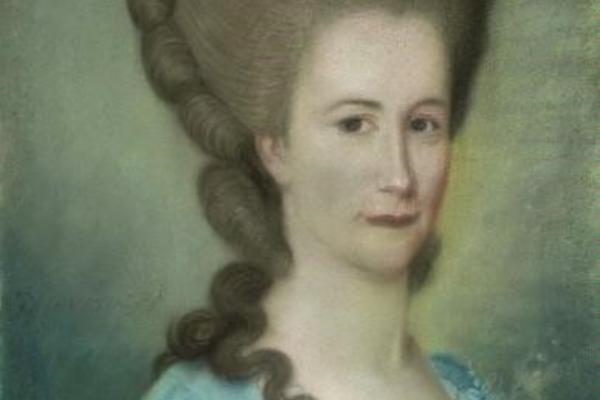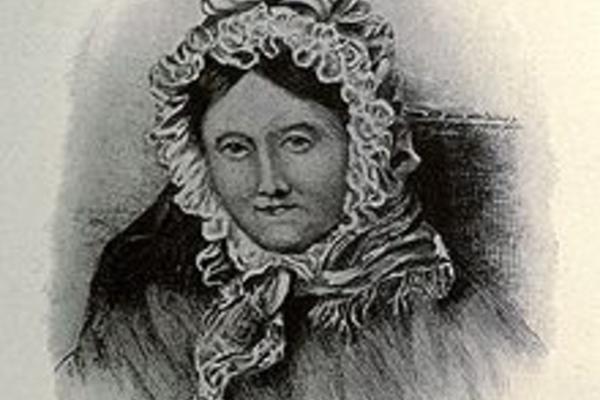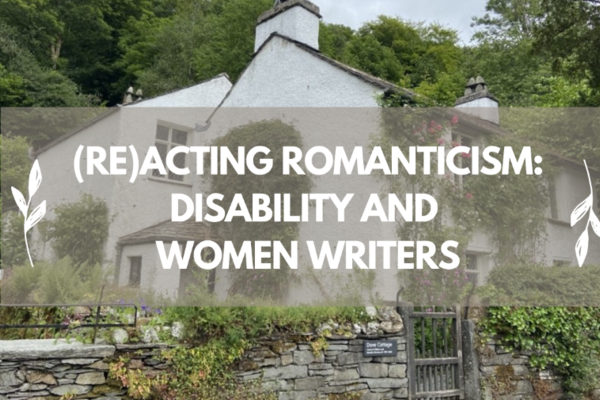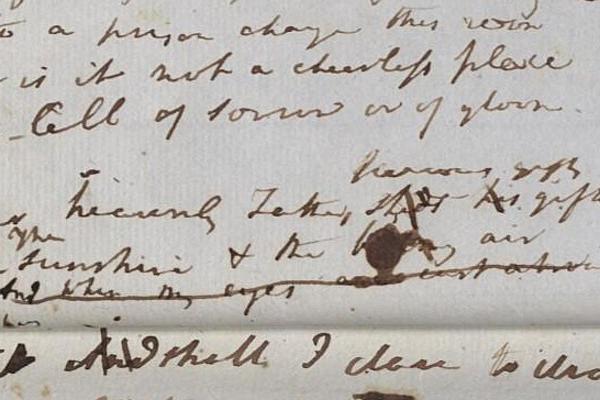(Re)Acting Romanticism: Disability and Women Writers
Micro-Fund Project
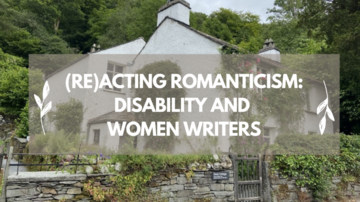
Project Lead:
DPhil student
Medieval and Modern Languages / Jesus College
Collaborators:
Curator and Head of Learning at Wordsworth Grasmere
Artist and Theatre Practitioner
Melissa Mitchell AMA
Curator at Wordsworth Grasmere
Project Research Consultant and Research Fellow at Northumbria University on Leverhulme Project ‘Writing Doctors: Medical Representation and Personality, ca.1660-1832’
Open - Oxford - Cambridge Doctoral Training Partnership (OOC-DTP)
Funding body for 'Relating Romantic Disabilities' Collaborative Doctoral Award with Oxford University and Wordsworth Grasmere
About the project:
This project seeks to engage with visitors at Wordsworth Grasmere and bring attention to the experiences of Romantic women writers with disabilities. We plan to hold online workshops with students with disabilities to explore their responses to writing by authors such as Dorothy Wordsworth, Mary Robinson, and Susanna Blamire. This will then form the basis of an exhibition in the Community Gallery at the Wordsworth Museum.
The aim of the exhibition is to encourage the visitor to challenge their own feelings and attitudes towards those with disabilities, both past and present, as well as learning about understudied women writers of the Romantic period. This project has the power to resonate with the visitor while helping them to question their preconceptions, initiate conversation and bring about a change for good.
There will also be a webinar to discuss the exhibition, as well as an online presence for the project. Participants in the workshop will be encouraged to contribute blog posts and other creative responses so that we can reach as wide an audience as possible.
Contact:
harriet.mckinley-smith@jesus.ox.ac.uk
Part of the Humanities Cultural Programme, one of the founding stones for the
future Stephen A. Schwarzman Centre for the Humanities.


